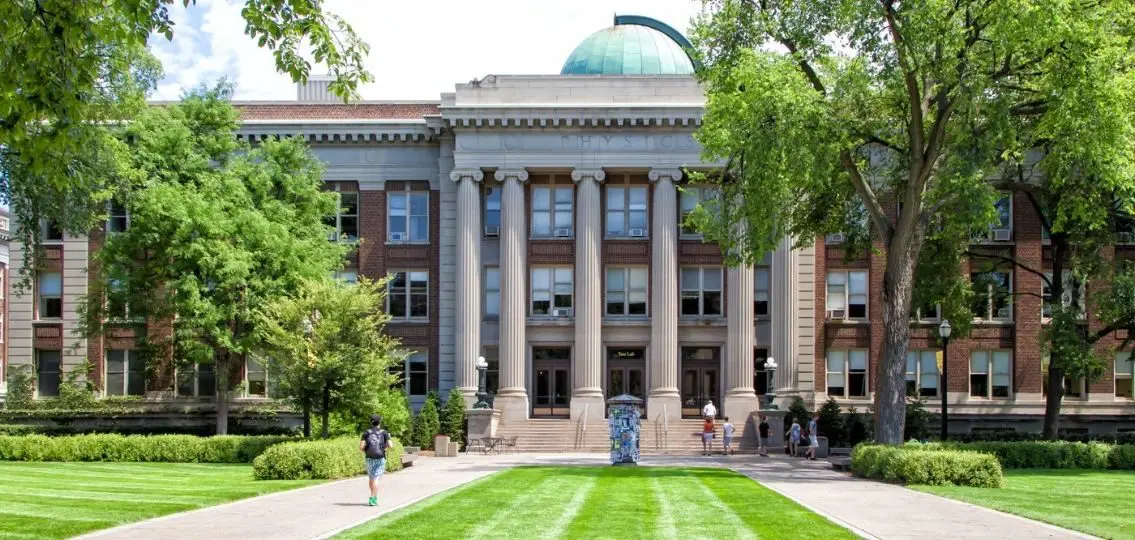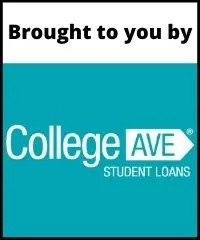College Visits. Testing. Applications. We get it—it’s a LOT. But the most confusing part of the whole college process just might be paying for it. In an ideal world, we could just cut a big check from our savings account and be done with it. But the reality is that almost all of us need help, whether that means scholarships, grants, federal loans, or private loans—or some combination of all of the above. So how do we put all the pieces together?

We interviewed Angela Colatriano, chief marketing officer of College Ave Student Loans, a private student loan provider, for the inside scoop on this process and what we should be watching out for. The whole interview is worth a listen, but if you’re short on time, we’ve summarized some of College Ave Student Loans top “paying for college” tips for families.
Advice from College Ave Student Loans:
1. Prioritize your four sources of money
- Free money (scholarships, merit aid)
- Savings
- Federal student loans
- Parent and private loans
Exhaust your first three options before approaching a private lender like College Ave Student Loans.
2. Complete the FAFSA even if you don’t expect need-based aid
The FAFSA is usually the first step to get money from a college, even for merit aid. The Expected Family Contribution amount (EFC) generated from the FAFSA can also help you get an early estimate of how much you and your student will be expected to cover.
3. Use your EFC to make sure your student’s college options include colleges that are a financial fit
If your EFC is a scary amount (as it is for LOTS of families), you may want to expand the schools where your student is applying to include those that offer more merit aid.
| [adrotate banner=”213″] |
4. Review aid letters from colleges carefully
Some amounts need to be paid back (loans), and some don’t (grants, scholarships). It’s not always easy to understand; call the college financial aid office if you can’t figure it out. College Ave Student Loans has a great resource on how to read your financial aid award letter.
 5. Federal parent PLUS loans might not be better than private loans
5. Federal parent PLUS loans might not be better than private loans
Parent PLUS loans, which are offered through the federal government, charge origination fees. Those fees can incur additional interest when rolled into the loan (as they typically are with PLUS loans). Private lenders are less likely to charge origination fees. And interest rates may be lower than federal loans for parents with good credit. Private lenders like College Ave Student Loans may also provide more flexibility in repayment options.
6. Spring and early summer is the time to research and even apply for private loans
First tuition bills usually arrive in July, and you’ll want to be ready. The college aid letter can give a pretty good preview of whether you’ll have a gap you’ll need to cover with private loans.
7. Have frank conversations about who is paying back any private loans
Is it the student? Is it the parents? Remember, if you’re applying as a cosigner, you and your student are equally responsible for the loan. So be sure to have the conversation about repayment.
It’s not fun to figure out paying for college, but it doesn’t have to be painful. Watch the video below for more information, and check out the College Ave Student Loans website for more information about private student loans with competitive interest rates, flexible repayment options, and an application you can complete in three minutes.





